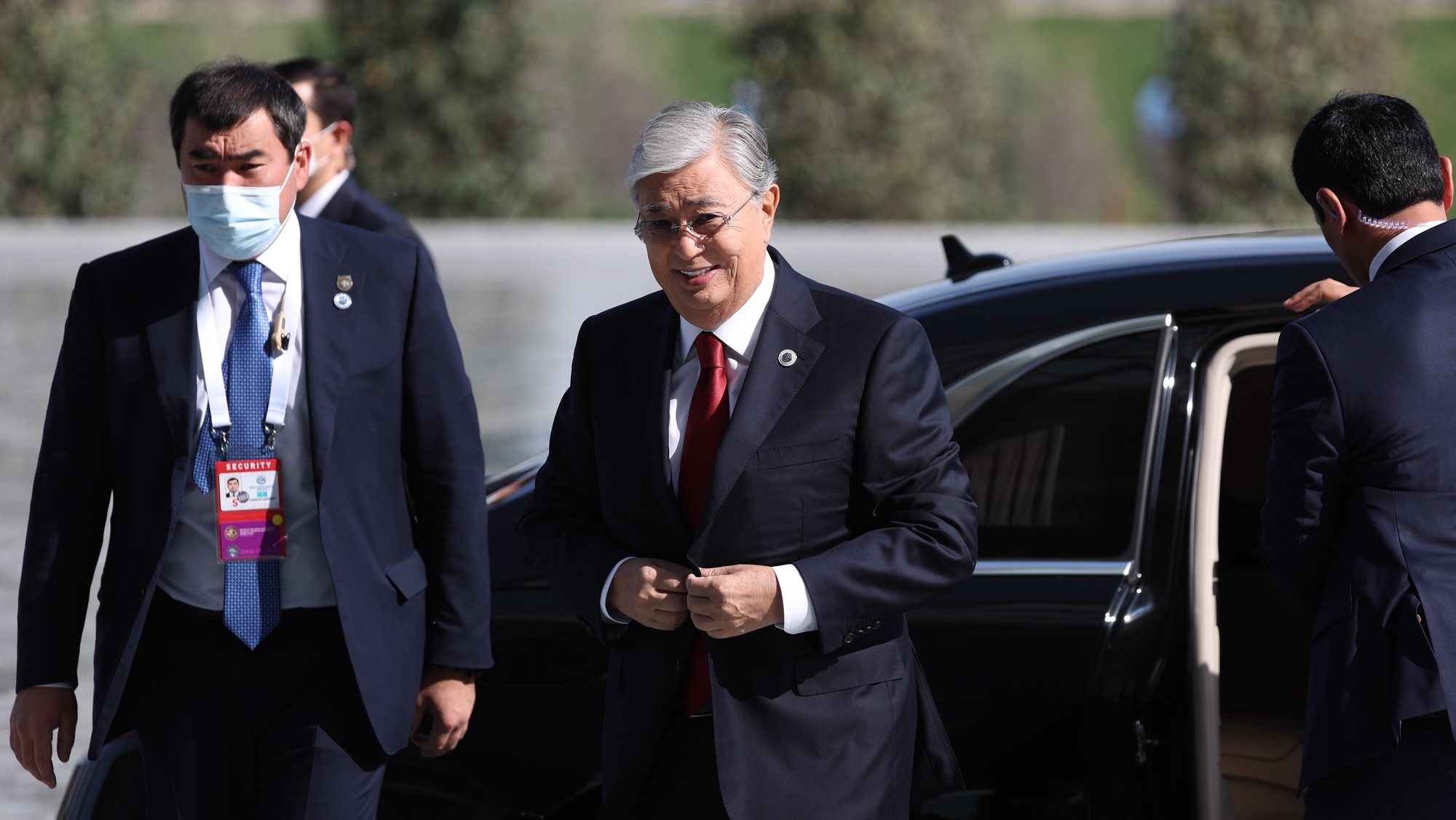Kazakhstan elects its head of state this Sunday in an early vote aimed at confirming President Kassym-Jomart Tokayev in power, less than a year after the riots that were harshly repressed by the authorities.
In January 2022, Tokayev ordered protesters and agitators to “shoot to kill”, with a balance of at least 238 deaths, but now he is emerging as a promoter of renewal and national concord.
This election culminates a year of strong social unrest in Kazakhstan, a former Soviet republic in Central Asia rich in natural resources, with its initial origin in deep social inequalities. Now, this 69-year-old former diplomat promises to bet on a “new Kazakhstan”, fairer and less corrupt.
To do this, he removed the powerful clan of the influential former president Noursultan Nazarbaiev from the decision-making spaces, consolidating his position three years after he came to power in 2019.
Kazakh president orders ‘shoot to kill’ protesters
In these anticipated presidential elections, Tokayev avoided any pretense from the main opponents, and the approximately 12 million voters called to vote today will only be able to choose between the current leader and five candidates without projection or credibility.
In international terms, where his authority lay, the soon-to-be re-elected head of state continued his pragmatic approach through regular contacts with Russia, China and the West.
He also criticized Russia’s invasion of Ukraine ordered by Russian President Vladimir Putin, but refused to adhere to US and European sanctions targeting Russia, Kazakhstan’s main economic partner.
Observers from the Organization for Security and Cooperation in Europe (OSCE) have already regretted that their recommendations “on fundamental freedoms and the conditions of eligibility and registration of candidates” have not been respected.
Chinese president expresses support for Kazakhstan, neighbor worried about Russian ambitions
Tokayev, who came to power after the surprise resignation of Nazarbaiev in March 2019, initially admitted a policy of continuity with his predecessor and mentor, before breaking with the all-powerful former president after the bloody month of January.
In a demonstration of the instability that still prevails in the Asian country, the authorities announced last Thursday the arrest of seven supporters of an opponent in exile, accused of being involved in preparing a “coup d’état”.
Source: Observadora
